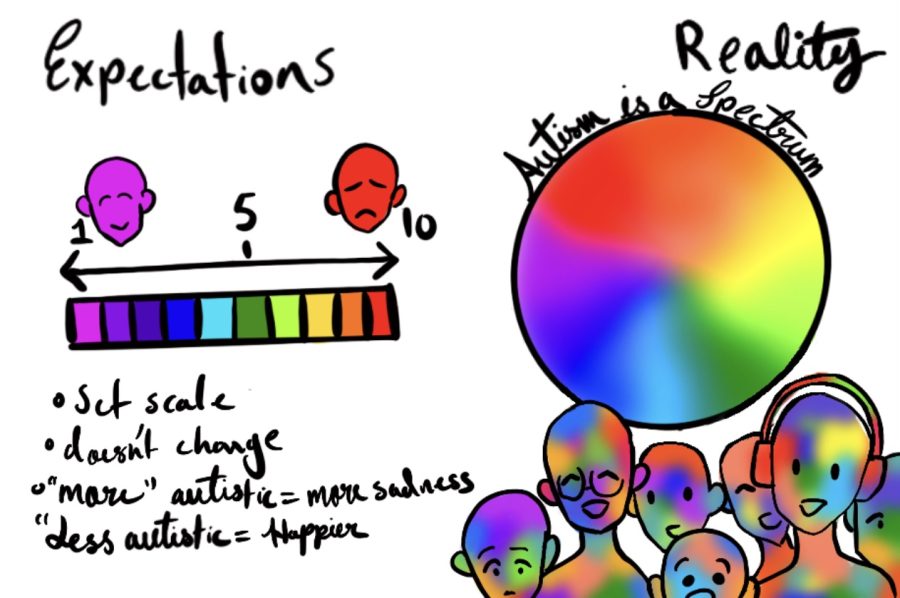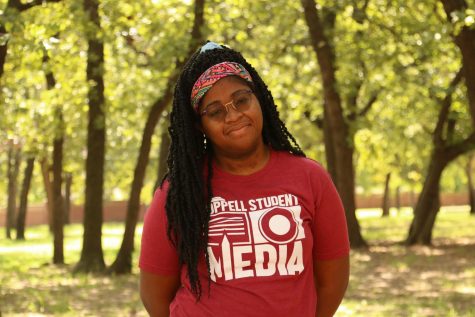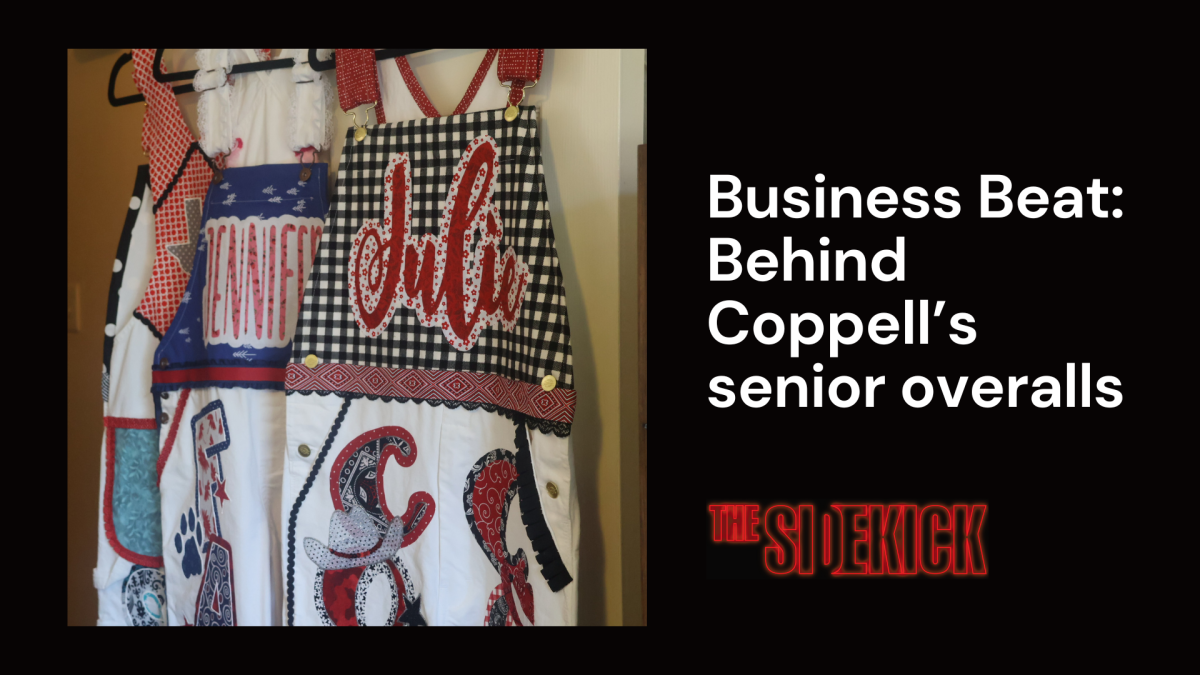Understanding autism through the eyes of a high school senior
People often make wrong assumptions about autism and the individuals on the spectrum. The Sidekick staff writer Yasemin Ragland explains that the common image of autism does not line up with the reality of the disability. Graphic by Noor Fatima
May 13, 2022
by Yasemin Ragland
I’ve always been somewhat socially withdrawn since I was a child. For the first nine years of my life, I struggled with understanding why I am the way I am.
Once in elementary school, I had a meltdown in front of the class that was perceived to be misbehaving, when in reality it was a cry for help. While I have since forgotten what led up to that moment, I’ll never forget the embarrassment and pain I felt when my classmates laughed at me.
The following year, I finally understood the cause of why I acted out. That was when I found out that I’m on the spectrum; my whole world changed. In other words, I’m autistic; yes, it may not “look” like it, but there’s more to me than you think. Autism Spectrum Disorders, and alternatively referred to as Autism Spectrum Conditions by those who don’t like autism being called a disorder, is an umbrella term, but Kanner’s Syndrome (aka Classic Autism) is what most people think of when they hear the word autism.
Those of us on the Autism Spectrum fall under Neurodiversity or are Neurodivirgent, Neurodivirgent is an umbrella term for individuals diagnosed with neurodevelopmental “disorders”, ex; autism, ADHD/ADD, OCD, PTSD, BPD, dyslexia, dysgraphia, dyspraxia, dyscalculia, dysnomia, color blindness, an intellectual disability, a developmental speech disorder, an anxiety disorder, depression, epilepsy, bipolar disorder, schizophrenia, tourette syndrome.
Autism was first described in 1943 and yet, a majority of people on the spectrum are still being discriminated against. Most of the time we will hear statements such as: “But, you don’t look autistic” or we may be called the R-word. While most will look at those statements as harmless, the reality is it makes those on the spectrum feel simultaneously uncomfortable and irritated, even if they weren’t meant to cause harm. Autism being referred to as a disorder and a mental illness is, in a way, discriminatory and ableist. Autism affects the neurological development of a person’s brain, like ADHD affects the way we see the world and socialize with others, but in different ways.
Ever heard of the phrase “If you’ve met one person with autism, you’ve met one person with autism.”? It’s true. It means that people on the spectrum are all unique and have strengths and difficulties in certain areas, and that not all of us have similar experiences or like/dislike the same topics/activities. Even if some of my autistic traits and my interests are similar to another autistic person, we would be different personality wise. A major problem with being autistic is how others see us as people, how they think they see us as people or if they even see us as people at all.
I’ve lost count of how many conversations about autism I’ve unintentionally overheard due to either passing by in the halls, or sitting at a table near them at lunch or in the middle of class. Most of the conversations are usually either making fun of autism or just talking about how uncomfortable it is by way of second hand embarrassment. I get that the cause of this talk is usually maturity level or lack of education on autism but the lack of empathy always stings. Since one of the key traits of being on the spectrum is social anxiety, it’s tough to call out the problem there on the spot. It’s taking me a great deal of bravery to even write this.
There’s no common thread that makes someone “look autistic.” We all have different strengths and weaknesses. Many of your current or past friends and/or family may even be undiagnosed but show autistic traits. Autism isn’t limited to race and gender. Another reason that you may not know someone is on the spectrum is because of a person’s ability to mask their idiosyncratic traits. A majority of us mask our autistic traits in public to appear “normal,” but it often affects our mental health. While I may seem bubbly and talkative, a lot of strength is put into trying to come across as what others perceive as “normal.”
This year, I decided to un-mask myself because I want to put an effort into autism awareness. The reality is that autistic people can do anything if we put our minds to it, across industries, because what we don’t lack is imagination. I don’t mind being called weird or quirky, I’ve always defined myself as weird and quirky anyways. If someone doesn’t or won’t accept that I’m autistic and wants me to “change” and/or “mask” myself, I’ve realized that being a part of their perceived perfect world isn’t worth the mental strain. That time is better spent on finding people in the community who understand and accept me for who I am.
Follow Yasemin (@YaziDazi) and @CHSCampusNews on Twitter.











